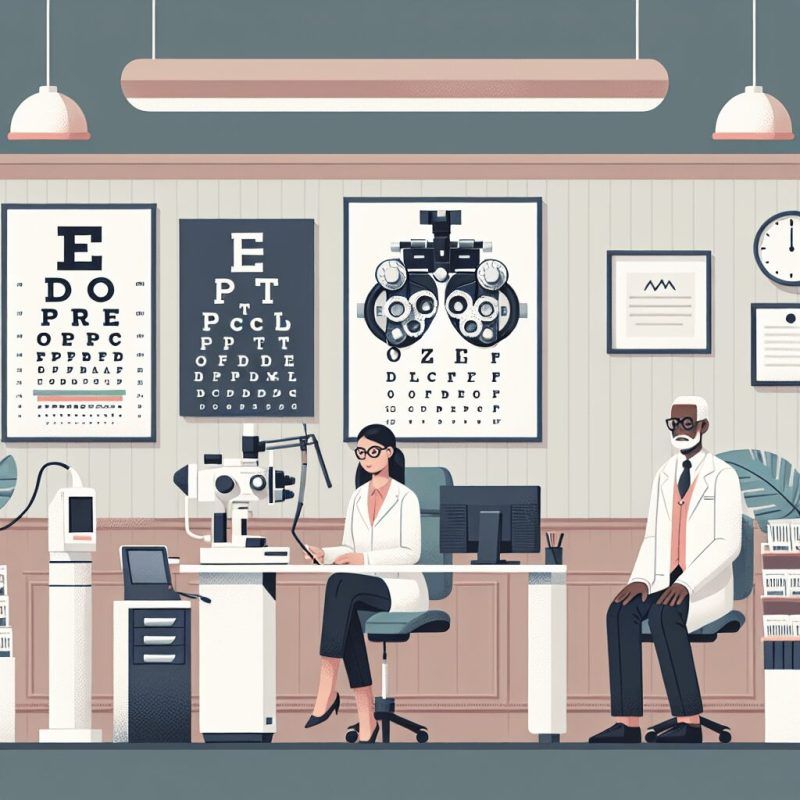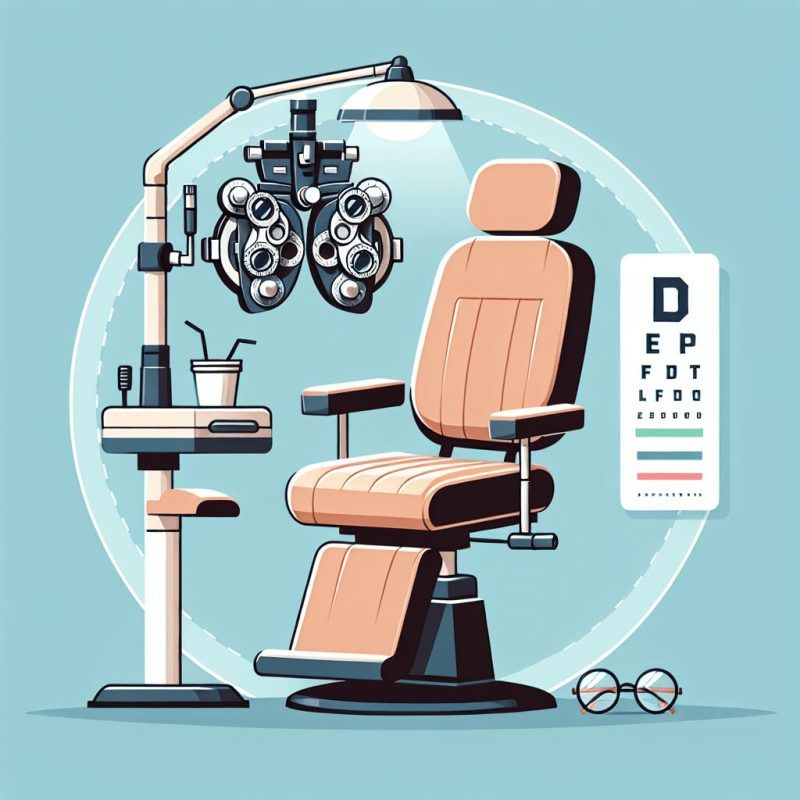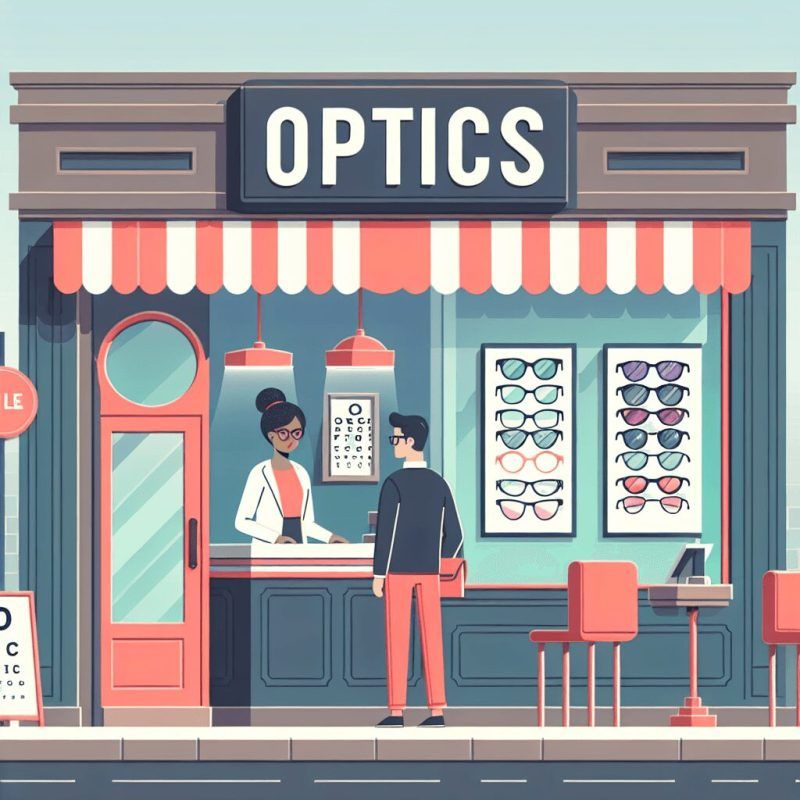Doctor's Corner
Dry Eyes in The Woodlands: Quick Guide
Hey there, fellow Woodlands resident! Have you been experiencing dry, itchy eyes lately? You’re not alone. Dry eyes are a common issue, especially in our area. But don’t worry, because we’ve got a quick guide to help you understand and manage this pesky problem.
Whether it’s due to the pollen in the air or spending too much time staring at screens, we’ve got some tips and tricks to keep your eyes feeling fresh and comfortable. Let’s dive in and learn how to beat the dry eye blues!
What Makes Your Eyes Dry as You Get Older?
As you get older, your body may produce fewer tears, which can lead to symptoms of dry eyes. Lifestyle factors like using digital devices a lot can also contribute to dry, strained eyes by decreasing blinking. Conditions like Meibomian Gland Dysfunction (MGD) can limit tear production and cause dry eyes. Certain medications can also reduce tear production, leading to symptoms such as dryness, itching, and redness.
Stuff That Can Bug Your Eyes and Make Them Itchy
Common substances and environmental factors can irritate the eyes and cause itchiness. These include dust, pollen, pet dander, and reduced moisture due to environmental allergens. Lifestyle factors, like excessive screen time on digital devices, can also contribute to dry and strained eyes. This is because it reduces the frequency of blinking, resulting in less tear spreading over the eyes.
Additionally, certain health problems like Meibomian Gland Dysfunction and age-related decreased tear production can lead to dry and itchy eyes. Certain medications that lower tear production can also increase dry eye symptoms. An optometrist can provide treatments such as Lipiflow to alleviate dry and itchy eyes by targeting blockages and restoring a healthy eye moisture balance. Over-the-counter artificial tears can provide temporary relief, but it’s not recommended to use them excessively as they can contain preservatives that aren’t good for long-term use.
Therefore, it’s important to consult an eye doctor to identify the underlying cause and receive appropriate treatment for dry and itchy eyes.
Habits in Your Life That Can Make Your Eyes Dry
Dry eyes can happen for many reasons. Some are part of everyday life.
For example, spending a lot of time looking at screens can make you blink less. This can lead to dry and tired eyes. Also, rubbing your eyes a lot can make them even drier and more itchy and red, especially if your hands aren’t clean. Using over-the-counter artificial tears can give temporary relief, but they have preservatives that can be harmful in the long term and add up in cost. Environmental allergens like dust, pollen, and pet dander can also make your eyes feel dry, itchy, and irritated. Reduced tear production due to aging, certain medications, and medical conditions can also make dry eyes worse.
Are The Woodlands Solutions Effective in Treating Dry Eyes?
Yes, the Woodlands solutions are effective in treating dry eyes. These treating dry eyes solutions are specifically designed to provide relief from symptoms like itchiness, redness, and irritation. With the right combination of ingredients, these products can help moisturize and soothe dry eyes, providing much-needed comfort.
Health Problems That Might Dry Out Your Eyes
Some health problems can contribute to dry eye s. These include age, eye allergies, lifestyle factors, underlying medical conditions, and certain medications.
As people age, their bodies undergo changes, including decreased tear production. This leaves those above the age of 65 susceptible to experiencing dry eye symptoms.
Eye allergies caused by environmental allergens like dust, pollen, and pet dander can also dry out the eyes, leading to irritation and discomfort.
In today’s world, lifestyle habits like spending extended periods of time on computer screens and smartphones can reduce the frequency of blinking, resulting in dry and strained eyes.
Certain medications can also lower the rate of tear production, leading to frequent dryness, itching, and redness in the eyes.
It’s important to consider these health problems and lifestyle habits as potential contributors to dry eyes in order to identify and address the underlying causes.
Can Medicine You Take Dry Out Your Eyes?
Some medications for allergies, depression, and high blood pressure can make dry eye symptoms more likely. These medications, such as antihistamines, decongestants, hormone replacement therapy drugs, and SSRIs, can decrease tear production, causing dryness, itchiness, and redness. Using over-the-counter artificial tears can help by lubricating the eyes and relieving symptoms.
Limiting the use of these medications and talking to a doctor can help find alternatives with fewer side effects or adjust the dosage to reduce dry eye symptoms. Professional treatments like Lipiflow are also available for those affected by medication-related dryness.
Can Dry Eyes Affect the Results of a Dynamic Visual Acuity Test?
Dry eyes could potentially impact the accuracy of a dynamic visual acuity test , as the condition may cause fluctuations in vision and affect eye movement. This could lead to inconsistent results during the dynamic visual acuity test, making it important to address any dry eye symptoms before undergoing the test.
Special Help from Eye Doctors to Fix Dry Eyes
As people get older, they may produce fewer tears, leading to dry eyes. Environmental allergens like dust, pollen, and pet dander can also cause dryness, itching, and irritation. Lifestyle factors, especially increased use of digital devices, can result in decreased blinking and spread of tears, causing dry and strained eyes.
Additionally, conditions like Meibomian Gland Dysfunction and certain medications can affect eye moisture balance. Lipiflow is a proven treatment for MGD, helping to unblock and restore healthy moisture to the eyes. It’s important to see an optometrist Superior Eye Care in The Woodlands to identify the causes of dry eyes and discuss suitable treatments.
The post Dry Eyes in The Woodlands: Quick Guide first appeared on Optometrist in Woodlands & Willowbrook TX.
Doctor's Corner





